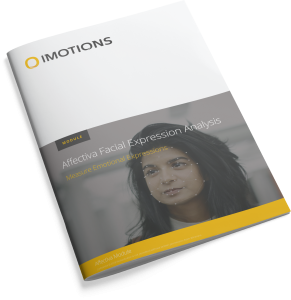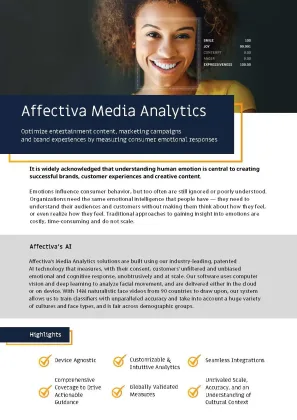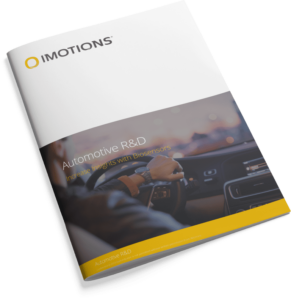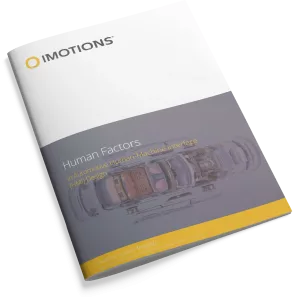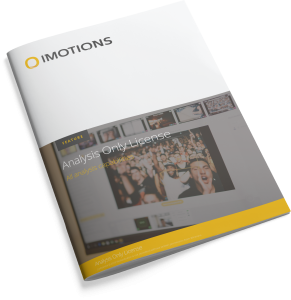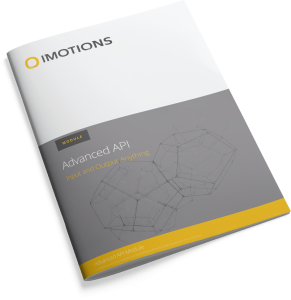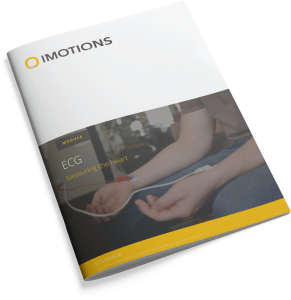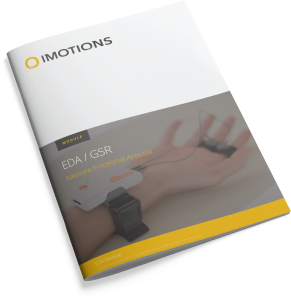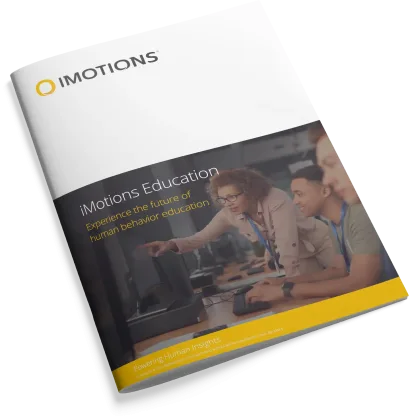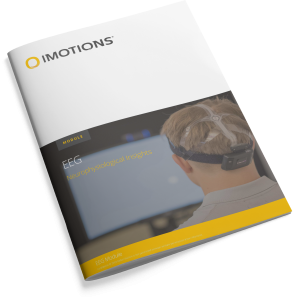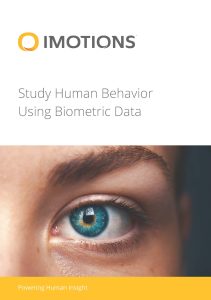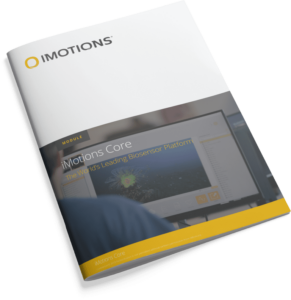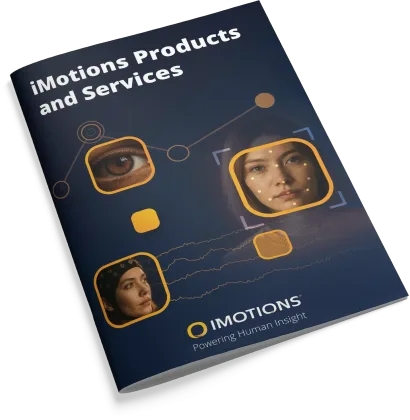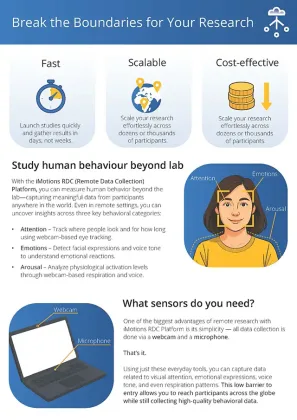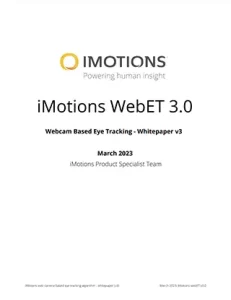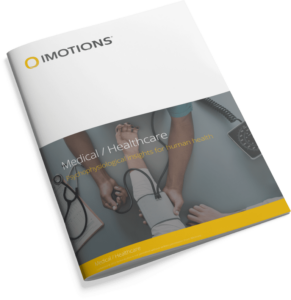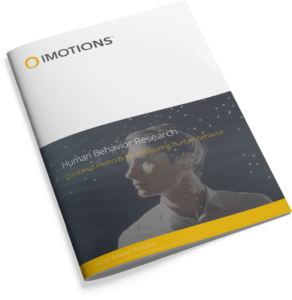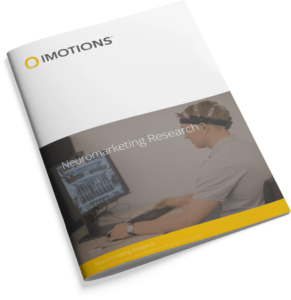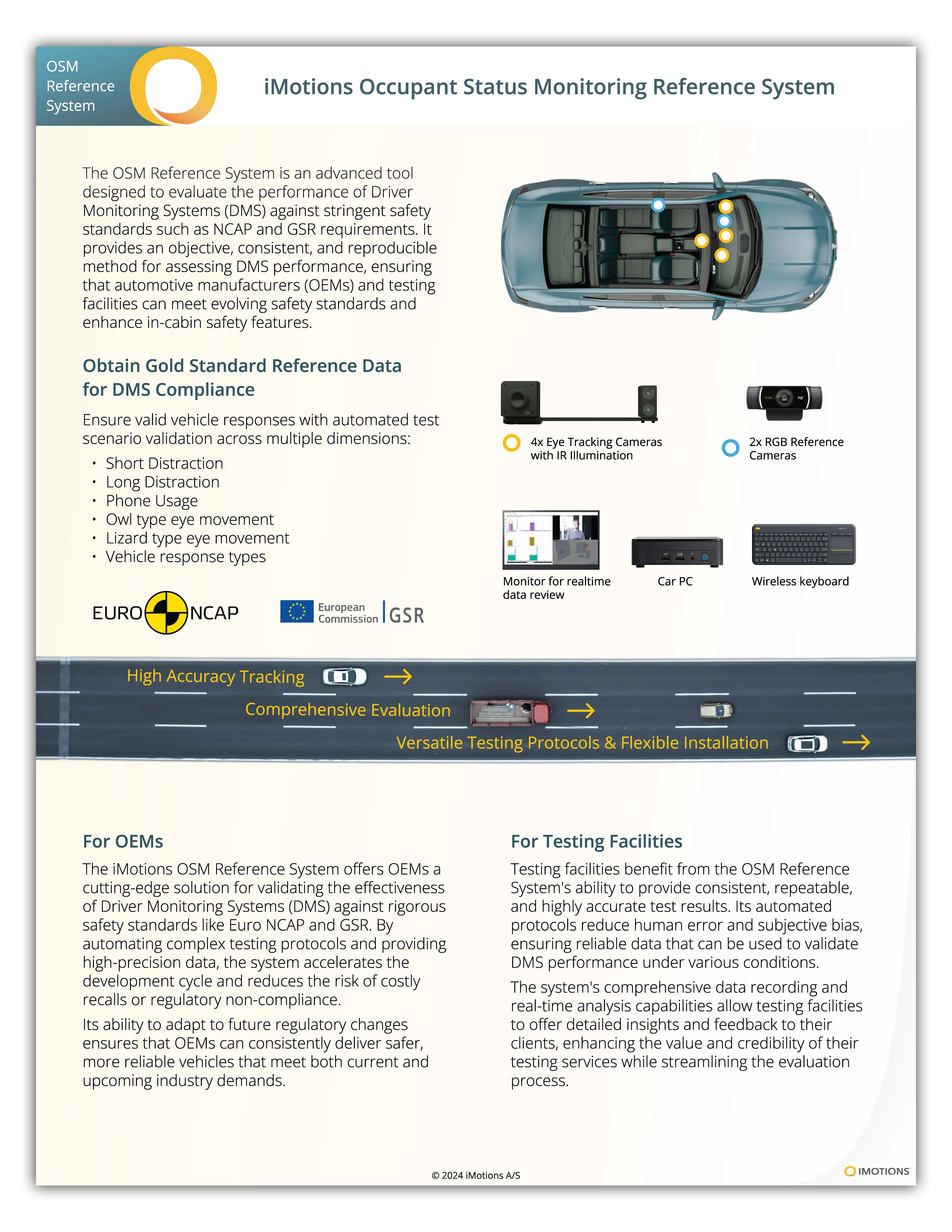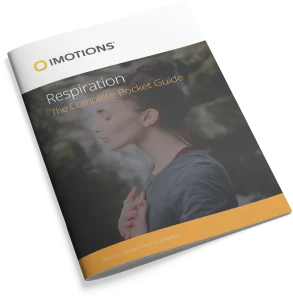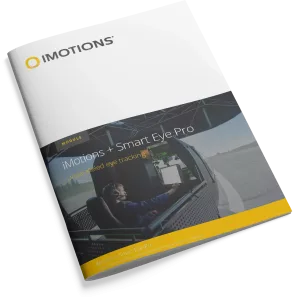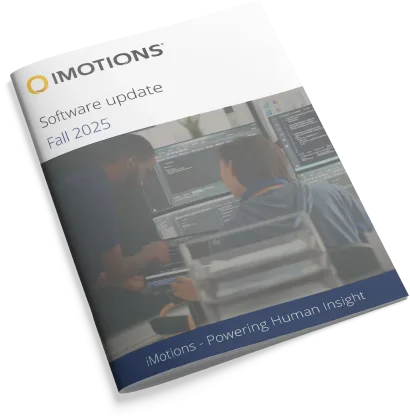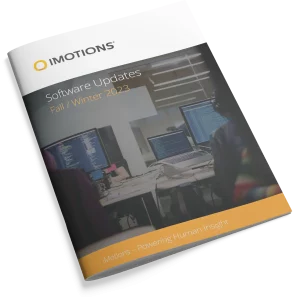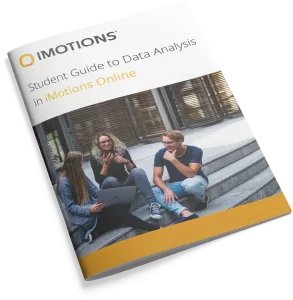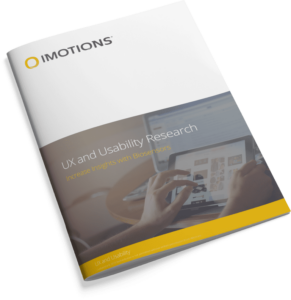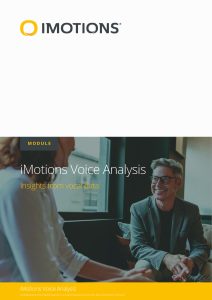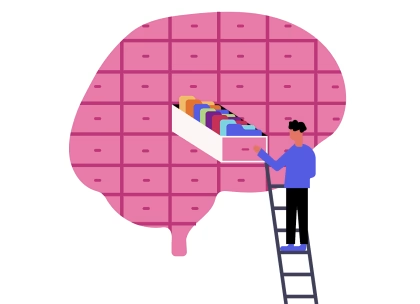This study investigates how cognitive and self-regulation factors impact online interview performance among college students with ADHD. With unemployment rates for individuals with disabilities significantly higher than the general population, understanding the unique challenges posed by AI-driven virtual interviews is critical. Forty-six students with ADHD completed a structured interview simulation using the Big Interview platform, coupled with eye-tracking data and cognitive assessments. Results reveal that higher-performing participants (Gold tier) demonstrated a balanced focus on content comprehension and interviewer engagement, while lower-performing participants (Bronze tier) spent significantly more time on content fixation. Logistic regression indicated that cognitive flexibility, as measured by NIH Dimensional Card Sorting, predicts interview success, emphasizing the importance of task-switching skills in virtual environments. These findings suggest the need for targeted interventions, such as executive function training, to prepare neurodivergent individuals for the demands of AI-driven hiring practices. The study highlights the potential of psychophysiological metrics in understanding and enhancing interview performance, advocating for inclusive, evidence-based strategies that align with Diversity, Equity, Inclusion, and Belonging (DEIB) principles. This research provides actionable insights for educators, employers, and technology developers aiming to create accessible and equitable virtual interview platforms.



